Garden creators need inspiration, and it should come as no surprise that often the inspiration comes from religious or philosophical traditions, and this may be at the root of Eve Pollard's observations that she is philosophically challenged by her garden, for I suspect that she is in an ongoing philosophical dialogue with it.
The word paradise comes from a Persian word for garden, and at the root of this usage is the idea that the garden is a recreation of the ideal world, a taste we hope of things to come in the eschatological future.
There is a rich variety of Gardens inspired by Christian teachings. There are Marian Gardens devoted to the honour of Mary the mother of Jesus; we have the paradise gardens of monasteries, which were near the churches and which were intended to give glory to God and a taste of paradise to come after death. To some extent the word philosopher is less apt in the cases of Christian gardens than is the word theologian, for Christian thought is Theology, a discipline that uses philosophy, but is not reducible to it
Christian gardens are inspired by a combination of factors. If you look at the image of a monastery garden below you will see that it combines appearance with utility.You see that it is well laid out in a pattern pleasing to the eye, and there are some beautiful red flowers that seem to be roses in the background. But the garden is essentially useful, for it grows vegetables for the monastery and in the past grew healing herbs, though nowadays modern medicine is used instead. Flowers may be grown to adorn the monastery church, for Catholicism places great store by the involvement of the senses in the collective, formal act of worship that we call the liturgy[mass.]
Yet there are other spiritual resources. Take the example of Mary Reynolds, whose book The Garden Awakening is shown below. She draws upon the ancient traditions of her native Ireland to inspire her professional garden designs, and she seems to be a pagan of some kind, though she does not say which. Her book is well written and is worth reading, for the enchanting character she that she seems to be and for the clear advice on garden design that she gives.
Each religion has its own style of garden.Muslim gardens are devoid of statuary as the religion rejects images of humans, but in keeping with the Islamic view that the world is ordered and organized by God they are intricately designed and often contain flowing water, an element whose importance is clear in the hot lands from which Islam sprang. Below you will see an example of a Muslim garden, which emphasizes and pattern in keeping with Islam's precepts.


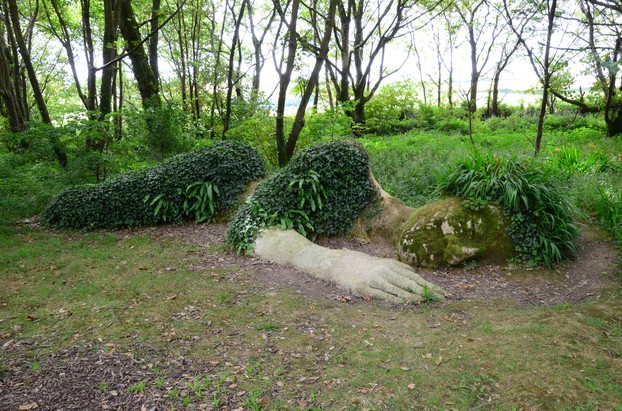
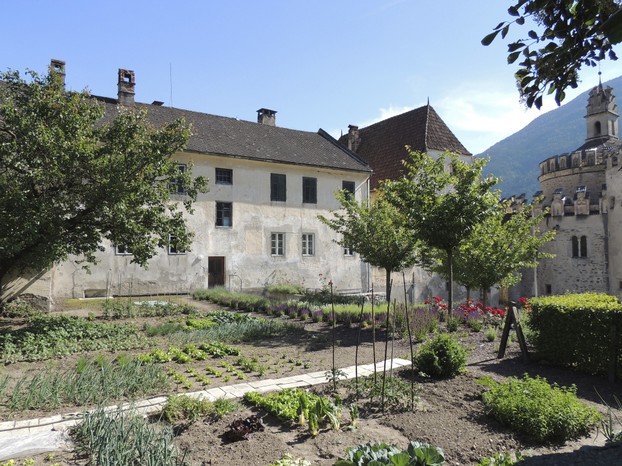
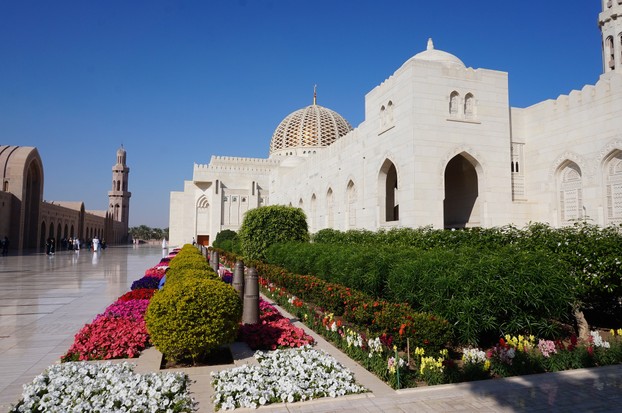


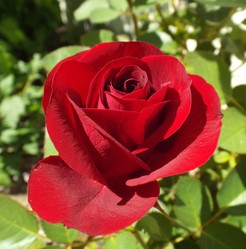

 Pilgrimage. A reviewon 06/15/2025
Pilgrimage. A reviewon 06/15/2025
 Leo the Fourteenthon 05/09/2025
Leo the Fourteenthon 05/09/2025
 The Melsonby Hoardon 03/25/2025
The Melsonby Hoardon 03/25/2025

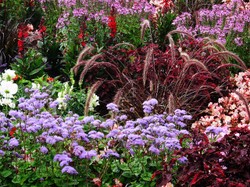
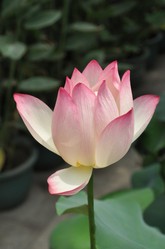
Comments
My son sold only fruit trees, no vegetables, which the monks grew themselves.
Thank you for your comment below, in answer to my previous observation and question.
Apples, pears and plums appeal as fresh and bake- and cook-able edibles.
What vegetables did your son supply the local monastery?
Native British fruits, apples, pears and plums.
Thank you for your comment below, on Jul 14, 2017, in answer to my previous observation and question.
Your answer alerts us that "My son worked as a tree nurseryman and he supplied a local monastery. He noted that they were very keen on fruit trees and vegetables, but medicinal herbs were not their interest."
What fruit trees appealed to that local monastery?
I appreciate your insight, for it is quite deeper than the norm. I think that we must always engage our minds with the activities that we do, and doing so involves thinking reflectively.
It is up to the individual monastery to decide what to grow. No one is going to hand down a decision on the matter from above. My son worked as a tree nurseryman and he supplied a local monastery. He noted that they were very keen on fruit trees and vegetables, but medicinal herbs were not their interest.
frankbeswick, So since"nowadays modern medicine is used instead" monastery gardens tend not to grow at all the healing herbs of yesteryear?
Correct, but there were English who regarded Edmund the Martyr, the East Anglian king killed by the Danes, as their patron saint.
I read Saint George replaced Saint Edward the Confessor as the patron saint of England.
You are absolutely right on toxic plants. Fortunately, there are none on my plot. I once had Oxford Ragwort growing as a weed, but got rid of it.
The rose has no connection with St George's day, for I am not interested in national days. St George had no connection with England. He was the warrior ideal of the crusaders. I would prefer that we have an Englishman, such as Bede,as our patron saint, but our national trouble is that we like fighting too much and so we are stuck with a mythologized warrior saint rather than a great scholar.